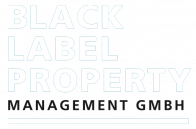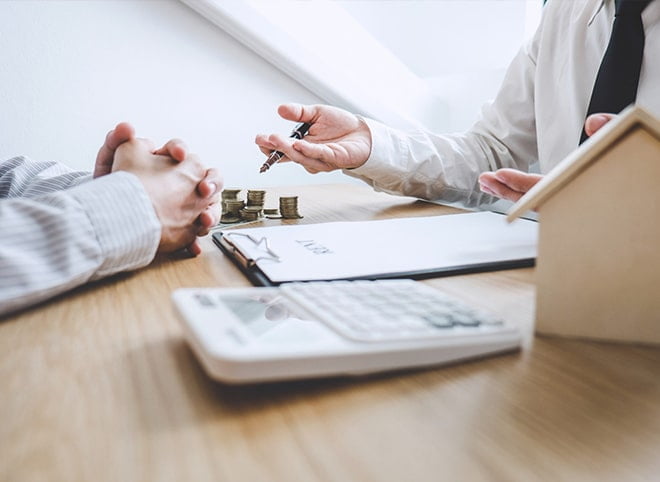This is where the "experts" argue a lot. Until the low-interest phase, i.e. before 2009, it was common practice to advise predominantly high-income customers (over €65,000 per year income) who already used a property themselves to buy a property as an investment. This changed with the low interest rates and rising rents. Nowadays, even the less well-off can afford to buy property as an investment, albeit less so in large cities such as Berlin. But do these investments always make sense? Especially with the introduction of rent controls and rent caps, many flats will no longer pay off as investments.
You should consider a purchase as an investment if you want to invest money for the long term in addition to the positive cash flow from the individual property. By long-term, we as property experts mean 10 years or more. Germany is one of the last countries that does not tax the profit on the sale of a rented property with income after 10 years, i.e. you can book the potential profit "tax-free". However, whether this regulation will still apply in 10 years' time, and whether you will have any profit at all, is of course a risk that you should assess when buying. Please also discuss the tax issues with your tax advisor before making a purchase decision. In addition to the long-term investment period, you should also keep an eye on the performance. If interest rates rise again, please bear in mind that the property will not necessarily have a positive cash flow for a buyer in, say, 10 years' time, as it does for you today. Rental income will probably also increase in 10 years' time, but we do not know today what the relationship will be between a possible rise in interest rates and the development of rents in 10 years' time. You should therefore carefully analyse the location, as well as the size, layout and special features of the property for several potential buyer groups.
Our advice:
Unlike many other well-known property and investment consultancies, we have been advising a rather conservative approach to forecasting rental income and performance for years:
In good middle-class locations in Berlin, you can achieve a return of between 2.5% - 3% per year with a solid letting (return per year = net income per year from rental income from the property / 1% of the purchase price of the property). In very good locations in Berlin, you can achieve a return of approx. 1 - 1.5%. So if you, as an investor in a Berlin property, attach more importance to location, you will have a lower yield than in average locations. If you choose supposedly poorer locations in Berlin, you can even achieve yields of 4-5% per year. In addition to the rental income and the cash flow, you should also consider the performance. However, past performance is only ever a very limited indicator of future performance. Nevertheless, you can at least identify trends. This is particularly exciting in Berlin. Please also read our other articles on this topic. Our advice is to expect an average increase in value of 3-5% per year. The average in Berlin is currently around 8-10% per year. Prices in Berlin have more than doubled in the last 10 years. (Please read more about these statements here and ask us for supporting documents).
Conclusion: A solid investment in a Berlin flat for capital investment should generate a return of 80% in 10 years. That's 3% rental yield plus 5% increase in value per year = 8% "yield" per year on the purchase price. If you have financed the purchase price favourably and achieve a positive cash flow, you can leverage this return again on your own invested money (= equity). We would be happy to tell you more about this in a personal consultation.

